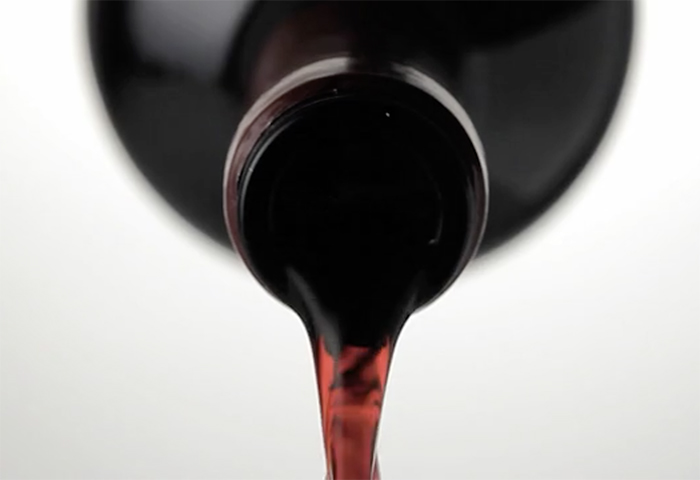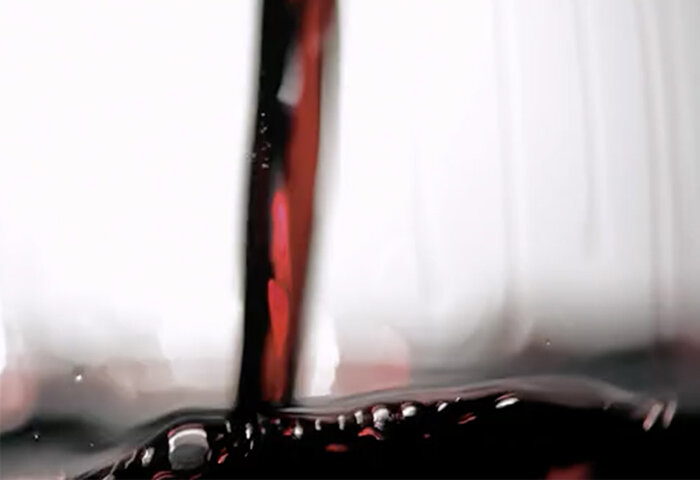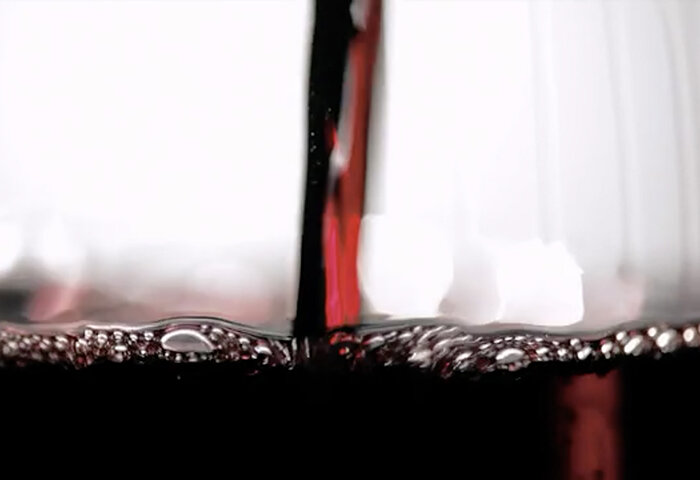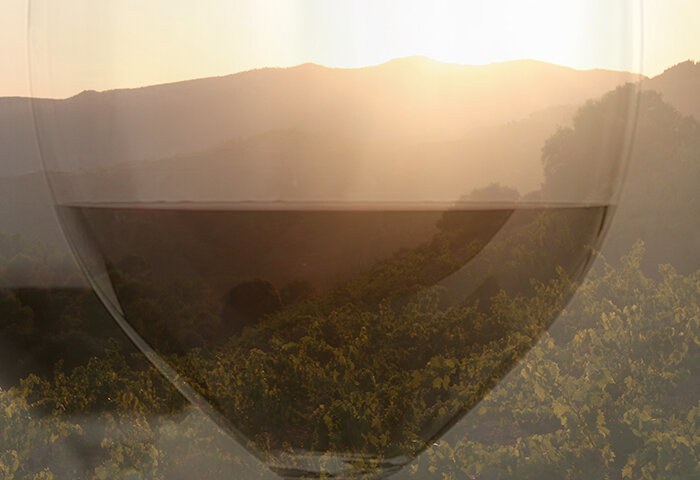Visceral Intelligence
Reflection No. EP7
Connoisseurship has provided an intellectual vocabulary of words to define wine to the mind. But as technology takes control of our lives, the desire for understanding on a more visceral level is becoming stronger. Wine possesses a sensory form of communication unlike any other in the kingdom of nature. It is a language that speaks directly to the soul. It defies time and space and takes the spirit on a journey. Often referred to as the taste of terroir or a sense of place, it is the elusive quality that is widely debated and that so few wines actually possess.
Our senses are the receivers of wines. We hear the pop of the cork, the liquid being poured. We see its color, its viscosity, its depths. Then come the smell and associations of all kinds. Taste carries the aromas to other dimensions, including the sense of texture as it crosses the palate. Finally, the sixth sense brings it all together and into mystical realms.
When we gaze deeply into the soul of a wine, images emerge of the land where it was born: aromatic herbs, warm earth in summer, moisture in the chilly mornings of spring. We may not recognize them at first. They may come to us in the form of memories, vague shapes, colors or swirling sensations received by the spirit, not the mind. Visceral intelligence is ignited.
—Adapted from Ethos Priorat, a book by Elizabeth Hecker
Wine shots with white background are from a video by Michael Lamotte. The overlay photo is by Elizabeth Hecker.




